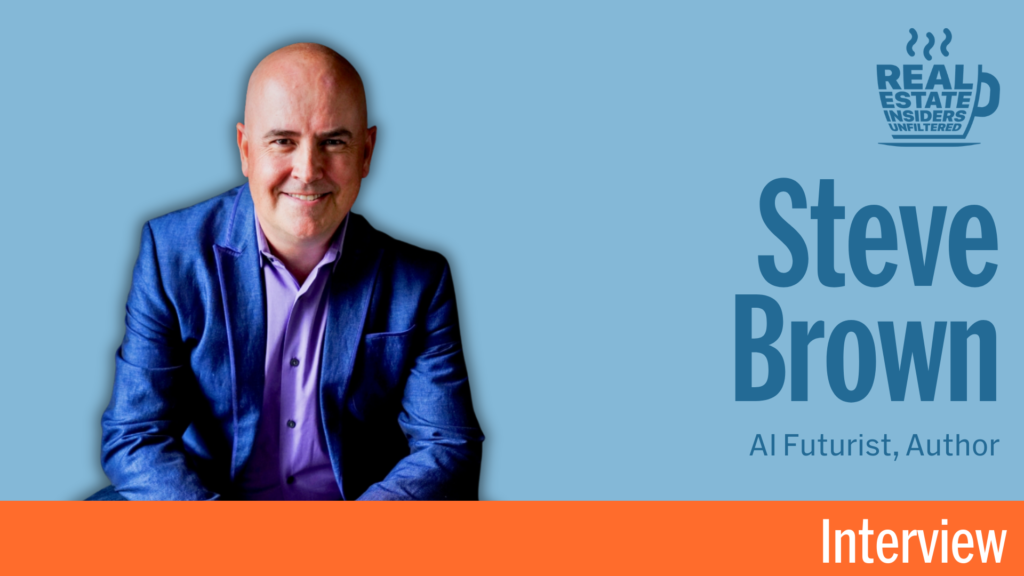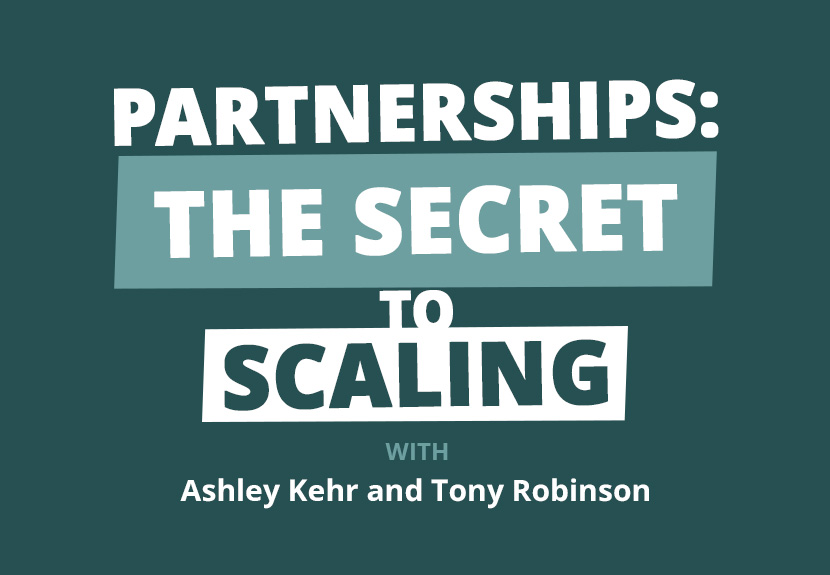No one can predict the future of real estate, but you can prepare. Find out what to prepare for and pick up the tools you’ll need at Virtual Inman Connect on Nov. 1-2, 2023. And don’t miss Inman Connect New York on Jan. 23-25, 2024, where AI, capital and more will be center stage. Bet big on the future and join us at Connect.
Starting a career in real estate can be exciting, but it’s not uncommon for new agents to enter the industry with false beliefs about the profession. You might have high expectations and big dreams, and the thought of building a profitable career on your own is exciting and motivates you to rise to the challenge.
Unfortunately, it’s very likely you’ll encounter a few “old timers” who will help try to extinguish those dreams, and you can find yourself mired in the muck of some serious myths that can work their way into your mindset and alter your course.
Debunking the following misconceptions can save you time, energy and money while giving you the confidence to navigate the market like a pro.
Myth 1: Real estate is a get-rich-quick scheme
Many people enter the real estate industry with the misconception that they will get rich quickly or that it’s easy money. Although the potential for significant commission earnings does exist, very few agents have ever been an overnight success.
It can take months, or even years, to establish a solid client base and increase your network to the point where you have a consistent flow of buyers, sellers and referrals.
You also need to consider the need to invest in skills development, continuous education to maintain your license, marketing strategy development and ongoing training to hone your skills. If you’re in it for the long haul and willing to put in the effort, you can build an incredibly profitable career in real estate.
Myth 2: You need to be an extrovert to succeed
Another myth is that you need to be an extrovert, or a natural-born salesperson, to thrive in real estate.
Although it’s true that real estate agents need to have great communication and social skills, introverts can also excel in this profession. With creative strategies and leveraging technology, introverts can build lasting relationships with clients and colleagues.
Listening skills and empathy are essential traits that many introvert agents possess in the same way as their more outgoing counterparts, which are valuable in understanding your potential client’s needs and emotions, particularly if those clients are also introverted.
Sales skills are important, but success in the real estate industry requires a more holistic approach, which introverts can offer just as well as extroverts.
Myth 3: You must work with everyone who wants to buy or sell a house
The thought of accepting every lead that comes your way may seem tempting, but it’s a mistake. As a new agent, it’s crucial to establish a niche or specialization for your farm area.
Identify which area in real estate you enjoy or excel in, whether it’s working with first-time homebuyers, investors, senior clients or professionals.
By focusing your efforts on a specific niche, you will gain the knowledge and expertise needed to build your reputation as a go-to agent in that area of specialization.
There is also something to be said for not working with difficult clients who may not respect you, your time or your expertise. As much as you may feel the need to continue to help them buy or sell a home, sometimes it’s better to walk away for your own mental well-being and time.
Myth 4: Being self-employed means you can work whenever you want
The flexible schedule of a real estate agent may seem attractive, but it can also be a significant pitfall if you don’t manage your time correctly.
Although you can technically work whenever you want, the most successful agents treat this profession like a full-time, or even overtime, job, and establish a workday schedule tailored to serve their clients’ needs and during their most productive times.
Procrastination, neglecting prospecting or taking time off when you shouldn’t hinder your growth, so it’s essential to establish a routine and treat your real estate business like the full-blown business it is. Put systems in place to not only get ahead — but also to weave in a little balance.
Myth 5: You don’t need a website or social media presence
In today’s digital age, not having a website or social media presence can hurt your business in a big way. The vast majority of potential clients start their search for a home and an agent online, and if they can’t find you online, they’re highly likely to go with someone else who does have a large online presence.
Establishing a website and social media presence is not a luxury; it’s a necessity. You can showcase your service, market your properties, post testimonials from happy clients, and engage with your buyers and sellers online. And the best part is that it’s great for any budget.
Myth 6: The commission is everything
Although the commission is an essential aspect of any real estate transaction, it shouldn’t be the ultimate guiding factor for agents. Sometimes, it’s necessary to take a lower commission in exchange for a better client experience or to form a long-term relationship with the client.
Focusing solely on commission can often lead to short-sighted decision-making and missed opportunities for growth. And focusing on the commission can take away your focus on serving your client and keeping them locked in on what they are committed to.
When the commission becomes the focal point, your client will most definitely view you as transactional, rather than the reliable, in-it-for-them resource, and that can hurt you long term.
Myth 7: You don’t need to prospect if you have a good network
Although having a strong network of contacts can be beneficial in jumpstarting your business, relying solely on that network can lead to stagnation.
It’s important to remember that in the real estate industry, the network isn’t everything and without a solid foundation of happy clients, waiting around for referrals that may never come will have you going out of business quickly.
You need to consistently generate new leads and nurture those relationships to solidify your foundation and maintain your success. Prospecting can be a daunting task, but it’s essential to creating a sustainable business. Don’t let your network hold you back from reaching your full potential.
Myth 8: You need to be constantly available to clients
Many new agents believe that being constantly available to clients is necessary for success. However, this is more likely to lead to a bad case of burnout than closing more deals. It’s important to set boundaries and clearly communicate your “office hours” to your clients.
Use an automated system that can help filter out less important messages, prioritize and respond to critical requests, and leave everything that can wait for later. It’s important to respect your own boundaries so you can maintain a balance between your work and personal life.
Myth 9: Open houses are old-fashioned and not effective
Some agents might think that open houses are not worth the effort, or that they are an outdated tactic. But in today’s market, they are still one of the most effective (and fun) ways to build your pipeline, boost your social media, and showcase your brand and expertise.
Many clients still prefer to see a property in person before making a purchase, and open houses can be your opportunity to make a strong impression.
Even if that property isn’t right for them, connecting with them to help them find a home that does interest them is a great way to build leads. It’s important to have a strategy and approach to your open houses if you want to increase your chances of success.
Myth 10: You only need to focus on selling high-value properties
Many new agents may think that working only on high-value properties, such as luxury homes, will lead to more success. Maybe they dream of making it big, or even getting their own reality show, but breaking into the luxury market is harder than it looks.
In reality, focusing on a smaller niche like the luxury market may limit your potential. With luxury homes typically taking longer to sell and requiring upscale marketing strategies, many new agents prefer working in moderately priced homes where the marketing costs are less and the opportunities higher.
Stay open to a variety of niche categories and situations, such as working with first-time homebuyers, partnering with property investors, or finding a demographic you are passionate about like boat owners, golfers, first responders, etc.
As a new agent, it can be hard to separate fact from fiction in this ever-changing industry. By understanding the myths that can hinder your success and by embracing the knowledge, hard work and strategies needed, you can build a thriving business.
















